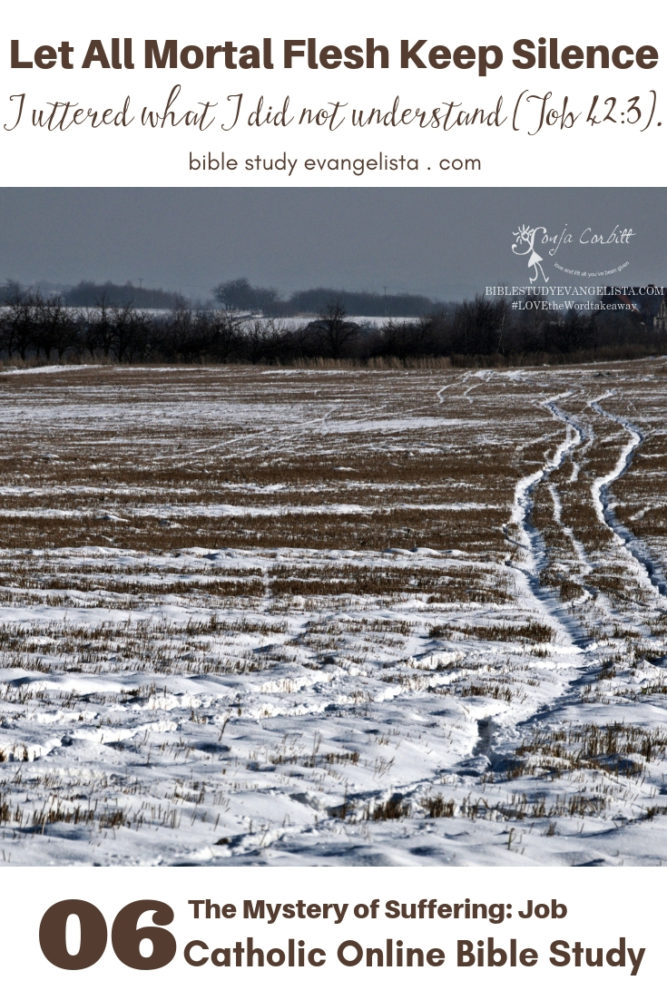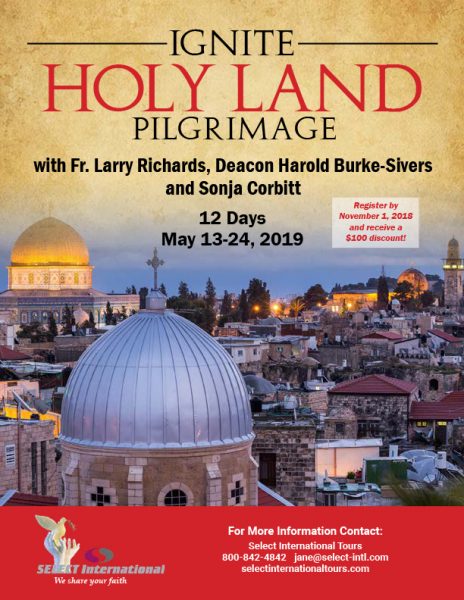God does not explain Himself, He reveals Himself. When I go through trials it does not matter what I know, but Who I know.

Thank you to Chloe F; Jackie D; Julie L; Michelle S; and Ania G, my newest Friends of the Show, for loving and lifting me!
LOVE the Word® is a Bible study method based on Mary’s own practice: lectio without the Latin.
L – Listen (Receive the Word.)
O – Observe (Choose one or more of the following personality approaches to connect the passage to your life and recent events.)
F | Franciscan – What do you learn about suffering by watching the following video on how to shear sheep?
I | Ignatian – Try to imagine how the sheep feel during the entire process of shearing, beginning with being caught. Why do you suppose they are silent during what seems like such disgrace or mistreatment? What does that tell you about your own suffering, and about God as your Shepherd?
A | Augustinian – I found it interesting that sheep relax for shearing once they are flipped over on their backs. What does this tell you about how God deals with us during suffering, or about how God uses suffering for our benefit?
Are you willing to let God shear you, and to offer Him your “wool”? Have you told Him?
T | Thomistic – Use this link to research shepherding. What do you learn about God as a shepherd? About yourself as a sheep?
V – Verbalize (Pray about your thoughts and emotions.)
Remembering that He loves you and that you are in His presence, talk to God about the particulars of your O – Observe step. You may want to write your reflections in your LOVE the Word® journal. Or, get a free journal page and guide in the right-hand margin.
E – Entrust (May it be done to me according to your word!)
I uttered what I did not understand, things too wonderful for me that I did not know. Therefore I repent in dust and ashes (Job 42:3 & 6). Amen +
.
*LOVE the Word® exercises are offered according to FIAT: the four personalities, or “prayer forms,” explored in Prayer and Temperament, by Chester Michael and Marie Norrisey: Franciscan, Ignatian, Augustinian, and Thomistic: FIAT! These prayer forms correspond to the Myers-Briggs personality types.
Come with Us
Share the LOVE
Share the LOVE on the Facebook community. Tell me your #LOVEtheWordtakeaway for this week’s show.
Read the Transcript
You can download a complete, word-for-word transcript.
Protected Content. Click Here to sign in
Courtesy of Dora Donovan who does our transcripts for you.



